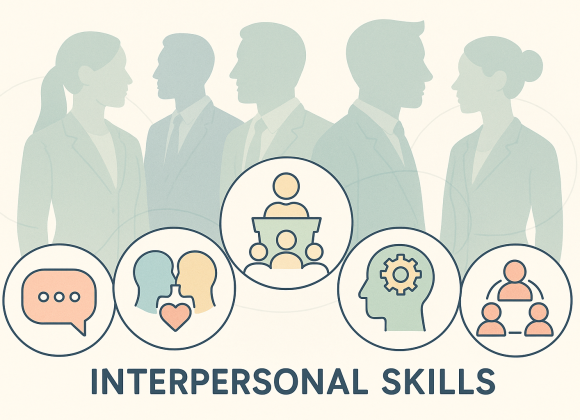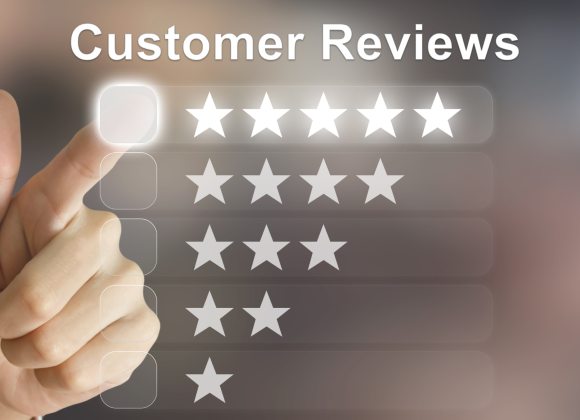In today’s highly competitive and customer-driven marketplace, building and maintaining strong customer relationships is no longer optional—it’s essential. This is where Customer Relationship Management (CRM) steps in. Whether you’re a startup or a growing enterprise, CRM tools can dramatically transform the way you manage customers, drive sales, and scale your operations.
In this blog, we’ll break down what CRM really means, its key features, and why your business—regardless of size or industry—can’t afford to ignore it.
What Is CRM?
CRM, short for Customer Relationship Management, refers to a combination of strategies, technologies, and practices that companies use to manage and analyze customer interactions throughout the customer lifecycle. The goal is simple: improve customer service relationships and drive sales growth.
At the heart of CRM is software that consolidates customer data across different channels—website, phone, email, social media, and more—and gives businesses a 360-degree view of customer behavior.
Key Features of a CRM System
While CRM tools may differ in complexity, most include some or all of the following features:
1. Contact Management
Stores customer data such as names, phone numbers, emails, and social media profiles, all in one place.
2. Sales Management
Tracks sales pipelines, opportunities, and follow-ups, helping you close deals more efficiently.
3. Marketing Automation
Automates campaigns via email, SMS, or social media to nurture leads and drive conversions.
4. Customer Support Tools
Provides ticketing systems, chatbots, or service dashboards for better customer assistance.
5. Analytics and Reporting
Gives insights into customer behavior, campaign performance, and sales trends.
6. Integration with Other Tools
Connects with your existing tools like email, accounting software, and e-commerce platforms.
Why Does Your Business Need CRM?
Here are some of the strongest reasons to adopt a CRM system:
1. Centralized Data = Better Decision Making
A CRM system stores all your customer data in one location, making it easier to analyze and act on. It helps your team stay informed and proactive.
2. Improves Customer Experience
With access to customer preferences, purchase history, and past communications, your team can offer personalized service every time.
3. Boosts Sales and Revenue
CRMs streamline your sales process, automate follow-ups, and help identify high-value prospects. This means more conversions with less effort.
4. Enhances Team Collaboration
CRM software allows different departments (sales, marketing, customer service) to work together using shared data, ensuring consistency.
5. Reduces Manual Work
Automation of repetitive tasks (emails, reminders, data entry) frees up your team’s time for high-value activities.
6. Helps Retain Customers
CRM tracks customer interactions and helps set reminders for regular follow-ups, which strengthens loyalty and retention.
Who Can Benefit From CRM?
CRM is not just for large corporations. It’s equally useful for:
- Small businesses looking to scale efficiently
- Freelancers or solopreneurs managing multiple client accounts
- E-commerce companies targeting customer re-engagement
- Real estate agents, travel agencies, and consultancies handling long sales cycles
- Educational institutions managing leads and student queries
Popular CRM Tools in the Market
Here are some well-known CRM platforms to consider:
| CRM Tool | Ideal For | Key Features |
|---|---|---|
| Salesforce | Enterprises & Large teams | Highly customizable, powerful integrations |
| HubSpot CRM | Small to mid-sized businesses | Free tier, marketing & sales automation |
| Zoho CRM | SMEs | Affordable, easy to use, AI capabilities |
| Freshsales | Growing startups | Visual sales pipeline, built-in phone/email |
Final Thoughts
A CRM is more than just a contact database—it’s a growth engine for your business. By understanding your customers, automating your processes, and fostering team collaboration, CRM empowers you to provide better service and boost profitability.
If you’re still managing your leads on spreadsheets or struggling to remember client preferences, now is the time to switch to a CRM. Investing in CRM today can help future-proof your business for tomorrow.
FAQs
Q1. Is CRM only useful for large businesses?
No. Even solo entrepreneurs and small businesses can benefit greatly from CRM by improving customer engagement and saving time.
Q2. Is CRM hard to implement?
Most modern CRMs offer user-friendly dashboards and onboarding support. Cloud-based CRMs are especially easy to set up.
Q3. How much does a CRM cost?
Many CRMs like HubSpot and Zoho offer free tiers. Paid versions vary based on features and team size.





